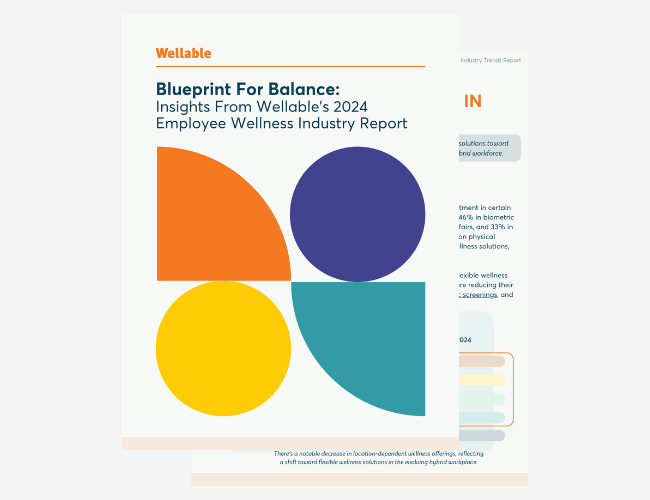A new study in the journal Scientific Reports suggests that one of the best ways to preserve brain health is to stay physically fit. The study authors tested 1,200 adults between the ages of 20 and 59 on a series of brain exercises designed to test memory, sharpness, judgment, and accuracy. They also assessed cardiovascular fitness with a speed-walking trial, and all participants also underwent brain scans. The goal of the study was to analyze the connection between brain health and physical fitness.
Study participants who moved faster and farther on the walking test also performed better on the brain exercises than less-fit participants. The fitter subjects also had healthier nerve fibers across the white matter portion of their brains, which is crucial for neural communication.
The Exercise/Brain Connection
Researchers suggest a variety of reasons for the improved brain function among physically fit adults. First, physically fit people may have lower levels of inflammation, better nerve-fiber insulation, and better growth across nerve cells and connections. It’s also possible that physically active people just have more blood flow to the brain.
Dr. David Knopman, a professor of neurology at the Mayo Clinic, was not part of the study team. He agrees, however, that improved vascular health could account for some of the differences between the physically fit and less-fit study participants. Knopman also suggests that physical fitness and a habit of regular exercise may indicate a general pattern of healthy habits and behaviors that lead to improved brain health.
When Is It Too Late?
This study prompts the question, when is it too late to improve brain health? The short answer is that it’s never too late to start exercising—for a variety of reasons. Even people who start exercising late in life can reap the benefits of cardiovascular, strength, and flexibility training. One study compared “master athletes” in their 70s and 80s to sedentary participants of similar age. The study found that “both groups had an equal capacity to build muscle in response to exercise.”
But what about brain health? Can starting an exercise program late in life improve cognitive function and memory—even after signs or symptoms of dementia appear? Promising new research suggests that yes, it’s possible exercise could postpone or slow down brain deterioration that comes with dementia and Alzheimer’s disease.
One small trial of 70 participants with an accumulation of amyloid beta in the brain showed that degeneration slowed in participants who engaged in regular aerobic exercise for one year. Another study looked at adults who had parents with probable Alzheimer’s dementia. Some of the older adults in the study already showed a decrease in cognitive function and increase in biomarkers of the disease, but those effects were significantly weaker among adults who reported engaging in regular exercise.
Corporate Wellness Connection
All too often, companies expect a direct return on investment (ROI) for their expenditures on wellness programs. They want to see a dollar for dollar return for their investment in the form of reduced health care costs. Studies like these illustrate why such a perspective limits the scope of how employee wellness impacts the bottom line overall.
If regular exercise improves cognitive function, that will ultimately result in more creative, innovative, and capable employees. Healthier brains result in a more capable workforce that can help an organization achieve its business goals and objectives over a longer period of time.
It may be challenging to draw a direct line to the ROI for wellness program expenses, but decision makers shouldn’t automatically assume it’s not there. It may be that the return shows up in a healthier bottom line.












